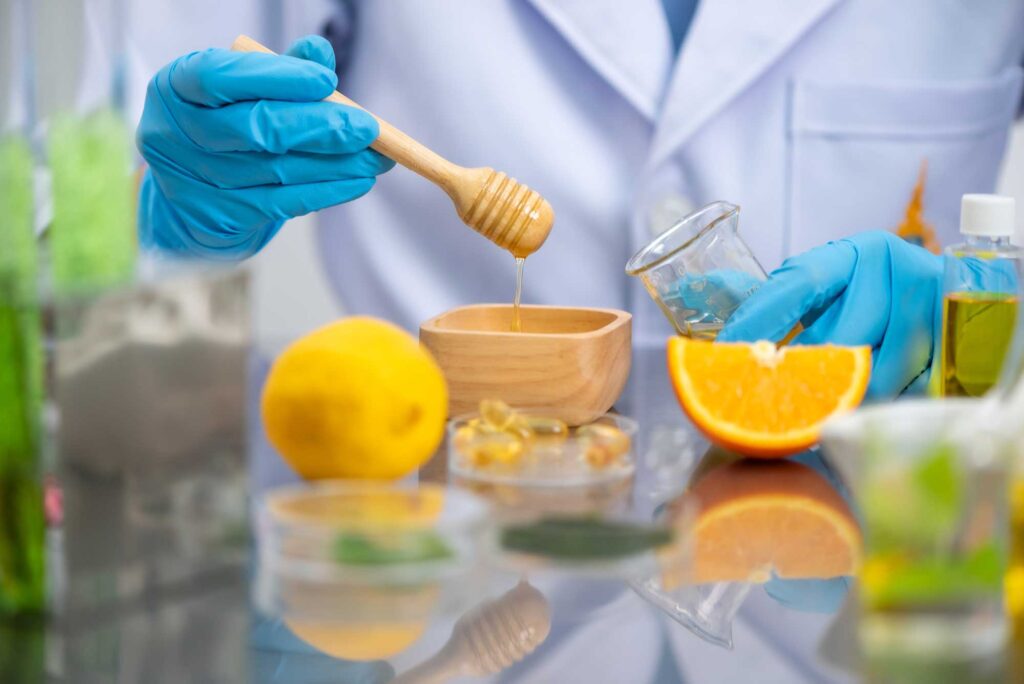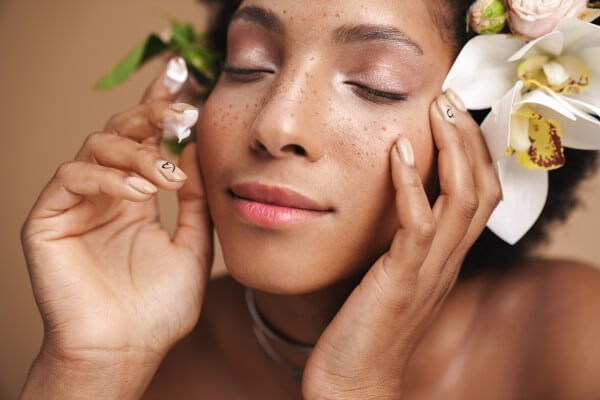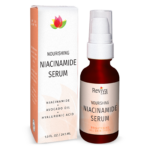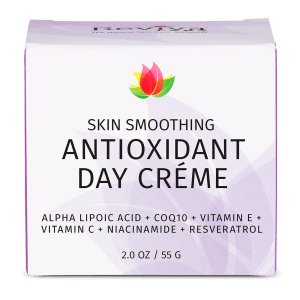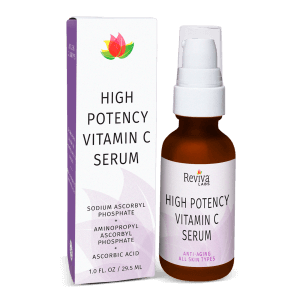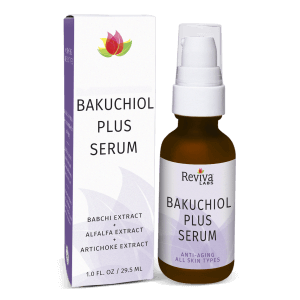Clean Beauty, Ingredients, Natural, Reviva Labs
The Ingredients We Refuse to Use and Why
There’s a quiet revolution unfolding in skincare—one not driven by hype or hollow promises, but by ingredient integrity. At Reviva Labs, we’ve taken a firm stance: if an ingredient poses potential harm to your skin, your health, or the planet, it doesn’t belong in our products. It’s that simple. For more than 52 years, we’ve worked to make safe, effective skincare accessible to everyone. Our commitment has only grown stronger.
Today, we’re not just talking about what we do include—we’re shining a light on the ingredients we purposefully leave out. And we believe consumers deserve to know exactly why.
Why Ingredient Integrity Matters More Than Ever
Consumer education has skyrocketed over the past decade. People are more ingredient-savvy than ever, scanning product labels and researching terms that once flew under the radar. As this awareness increases, so does the need for transparency and accountability from skincare brands.
At Reviva Labs, we continuously reevaluate our formulas based on the latest research. That means acting not only on what’s already widely known to be harmful, but also on ingredients that raise new or emerging concerns. For example, we’re working toward eliminating phenoxyethanol and PEG-derived ingredients from our products—not because regulatory agencies have banned them, but because we’re striving to exceed basic standards.
No Parabens—And Why That Matters
Parabens have long been used as preservatives to extend shelf life and prevent microbial growth. They’re found in everything from shampoos to facial cleansers. But here’s the problem: parabens can mimic estrogen in the body, potentially disrupting hormone function. While studies are ongoing, some findings have linked parabens to endocrine disruption and reproductive toxicity.
Even if regulatory bodies allow them at low levels, we believe caution is warranted. That’s why you won’t find methylparaben, propylparaben, or any of their cousins in Reviva Labs formulas. Our choice to go paraben-free is rooted in a commitment to long-term health—not short-term convenience.
Phthalates Don’t Belong in Skincare
Used mainly to stabilize synthetic fragrances, phthalates are often hidden from ingredient lists under the vague term “fragrance.” What’s more troubling is their link to hormone disruption, developmental toxicity, and fertility concerns.
Because full transparency is part of our DNA, we avoid phthalates completely—and when we use fragrance, it’s derived from safe, clean sources you can trust. We also label all ingredients clearly, so nothing is hidden behind generic or misleading terms.
Sulfates Strip More Than Just Dirt
If your face wash lathers into a foamy cloud, sulfates are likely behind that satisfying fizz. Commonly used surfactants like sodium lauryl sulfate (SLS) and sodium laureth sulfate (SLES) are known for their cleaning power—but they often go too far, stripping the skin of essential oils and damaging the moisture barrier.
Sulfates can leave skin feeling tight, dry, and irritated, especially for those with sensitive or mature skin. That’s why we avoid sulfates in all our formulas, opting instead for gentler, plant-based cleansing agents that support your skin’s natural balance.
Mineral Oil and Petroleum Have No Place in Clean Beauty
It’s easy to assume that if something is used in baby oil, it must be gentle. But mineral oil and petroleum-derived ingredients like petrolatum are far from skin-friendly. Though they’re technically “safe” by some standards, they’re byproducts of the crude oil industry—and that raises both environmental and health concerns.
More importantly, they form an occlusive barrier on the skin that can trap bacteria and clog pores. While they may create the illusion of moisture, they don’t actually nourish or hydrate your skin. Instead, we use plant oils and natural emollients—like avocado, jojoba, and rosehip oil—that truly benefit your skin’s structure and function.
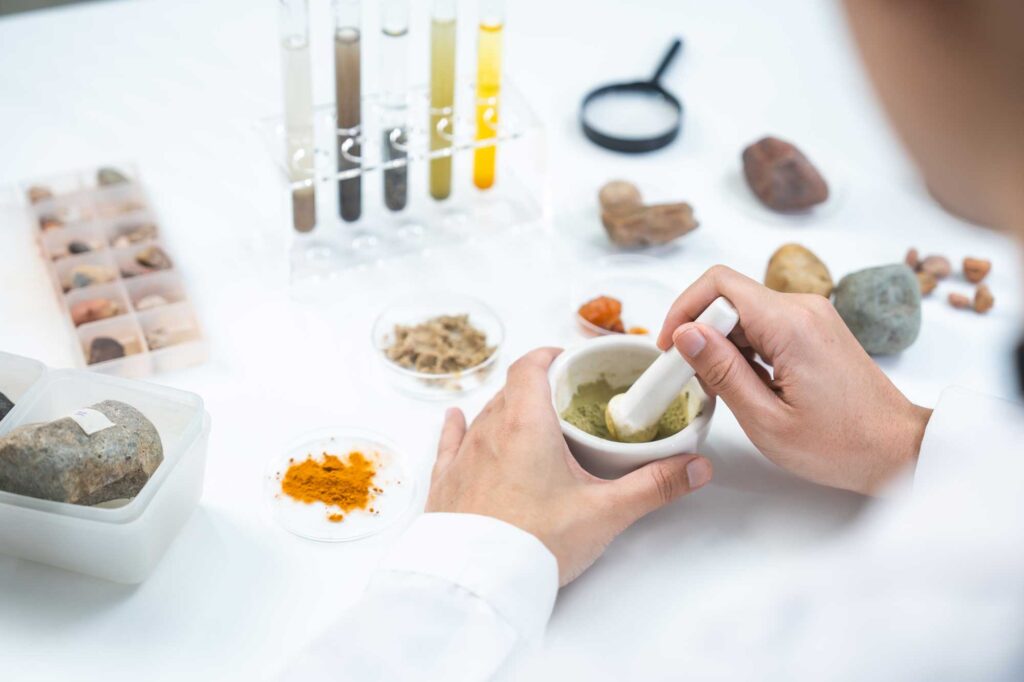
We’re Saying Goodbye to Phenoxyethanol
Phenoxyethanol is a preservative often marketed as a safer alternative to parabens, and it does help prevent bacterial growth. However, studies have shown that it can cause skin irritation and allergic reactions, especially in sensitive individuals. Some evidence also points to potential effects on the central nervous system when used in high concentrations.
Though it’s still permitted by many health agencies, we believe skincare should be as worry-free as possible. That’s why we’re phasing out phenoxyethanol and exploring safer preservation systems that support skin health while ensuring product stability.
In some cases, however, phenoxyethanol may still appear in our ingredient listings—not because we add it directly, but because it’s occasionally used to preserve raw materials we source. When that happens, it’s typically present in very small amounts, as a carryover from upstream ingredient processing. Still, we aren’t satisfied with “trace” levels if better options exist. Our team is actively working to find alternative suppliers and ingredients that are free from this additive. Transparency is a cornerstone of our brand, and so is progress—and we’re committed to continuing both.
PEGs: A Hidden Source of Contamination
Polyethylene glycols, or PEGs, serve as thickeners, solvents, and emulsifiers in cosmetics. On their own, they might not sound harmful—but the real concern is how they’re made. The ethoxylation process used to create PEGs can leave behind trace amounts of 1,4-dioxane, a probable human carcinogen.
PEGs also compromise the skin barrier when used repeatedly, making the skin more vulnerable to other irritants. At Reviva Labs, we’re actively reformulating our products to remove PEG ingredients entirely. It’s a complex process, but our commitment to safer skincare drives every decision.
Microbeads, Artificial Dyes, and Questionable Preservatives
Beyond the big six, there’s a host of other ingredients that we’ve blacklisted. Microbeads—tiny plastic particles once used for exfoliation—are environmentally disastrous, polluting waterways and harming marine life. We use biodegradable exfoliants like walnut shell powder and jojoba beads instead.
Artificial dyes such as FD&C colors have also been shown to cause skin irritation and, in some cases, allergic reactions. We opt for botanical extracts, mineral pigments, and other safe alternatives to provide color, glow, or vibrancy.
Preservatives like DMDM hydantoin, formaldehyde-releasing agents, and methylisothiazolinone? Those don’t make the cut either. We review evolving research and global regulatory standards to keep our no-go list aligned with what’s safest—not just what’s easiest.
An Ingredient Philosophy Rooted in Progress, Not Perfection
Clean beauty isn’t about chasing perfection—it’s about making responsible choices and evolving with new knowledge. We don’t shy away from reformulation. In fact, we embrace it. As new safety data becomes available, we assess our ingredient portfolio and adjust our products accordingly.
This means our formulas are in a constant state of thoughtful revision. We believe our customers deserve the best—and that means not settling for ingredients that are merely “not terrible.” It means aiming higher.
Whole Foods Approved; Skin Lover Approved
Many of our formulations meet or exceed Whole Foods Market’s Body Care Quality Standards, one of the strictest in the retail industry. Our Niacinamide Serum, for example, features nourishing ingredients like avocado oil, rosemary extract, and glycerin, and is proudly free of over 100+ disallowed ingredients. That includes everything we’ve mentioned—plus many more on their extended “unacceptable” list.
We also ensure that our manufacturing partners share our values. That includes sourcing sustainable ingredients, adhering to cruelty-free practices, and avoiding contaminants or environmentally damaging compounds.
Your Skin, Your Standards, Our Promise
You don’t need a chemistry degree to choose safe skincare. That’s our job. And we take it seriously. From the very first bottle we created more than five decades ago to every serum, cream, and cleanser we craft today, our priority has remained the same: provide effective skincare without compromise.
When you reach for a Reviva Labs product, you’re choosing a company that refuses to settle. A company that’s committed to your wellbeing and to creating beauty products that truly care—for you, and for the planet.
We’ll continue to review emerging research, push for cleaner formulations, and share our journey openly. Because transparency shouldn’t be optional—it should be the standard.



